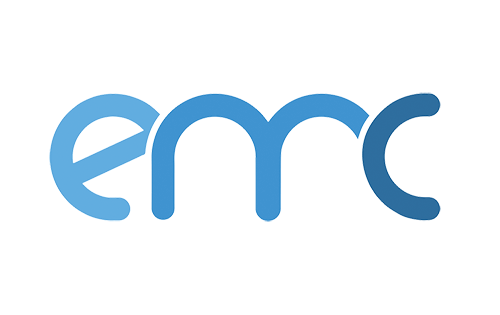Financement ANR
2007-2009
Porté par Jonathan Grainger (CNRS) en collaboration avec Bernard Lété.
- Partenaires
-
- Direction
-
Jonathan Grainger : CNRS-UMR 6146, Laboratoire de Psychologie Cognitive, Université de Provence
- Participants
-
Frédéric Dandurand : post-doc, CNRS-UMR 6146, Laboratoire de Psychologie Cognitive, Université de Provence
Stéphane Dufau : CNRS-UMR 6146, Laboratoire de Psychologie Cognitive, Université de Provence
Salam Fraihat : doctorant, CNRS-UMR 6168, Laboratoire des Sciences de l'Information et des Systèmes, Université Toulon
Hervé Glotin : CNRS-UMR 6168, Laboratoire des Sciences de l'Information et des Systèmes, Université Toulon
Bernard Lété : Laboratoire d'Étude des Mécanismes Cognitifs, EA3082, Université Lyon 2
Claude Touzet : CNRS-UMR 6149, Laboratoire de Neurobiologie Intégrative et Adaptative, Université de Provence
Pierre Warnier : Master, CNRS-UMR 6168, Laboratoire des Sciences de l'Information et des Systèmes, Université Toulon
Johannes Ziegler : CNRS-UMR 6146, Laboratoire de Psychologie Cognitive, Université de Provence
- Présentation
-
Reading is a complex cognitive skill that has attracted much attention in cognitive science. Success in learning to read is, for many individuals, the key to success in modern society. Much prior research has focused on describing the cognitive mechanisms that underlie skilled reading. However, in France and other developed countries, there has been a recent boom in empirical work investigating the process of learning to read. Since language is considered to be the ?backbone of all learning?, it is therefore not surprising to see the priority given to reading acquisition and its evaluation in recent political initiatives in France and abroad.
This project brings together the skills of experts from cognitive psychology and education, computational neuroscience, and artificial intelligence, in order to build a neuro-computational model of learning to read. The modelling will be constrained by current knowledge of the specific mechanisms involved in learning to read and the more general mechanisms of human learning. The project will focus on two critical stages of the process of learning to read in languages with alphabetical orthographies such as French and English: orthographic coding (coding the identity and position of each letter in the word), and learning to associate this orthographic code with a previously learned phonological code (concerning the sounds of words). However, the modular structure of our proposed implementation will allow us to later incorporate other important aspects of the global reading process (e.g., morphology, syntax, semantics). This is an ambitious yet realistic and totally feasible project. It has been broken down into a series of well-defined steps, and each member of the project is in charge of operations for one of these steps: overall architectural design - using appropriate learning algorithms - using reliable sources of stimulation - and developing appropriate orthographic and phonological coding schemes. The project's originality is captured by several key factors: 1) combining, for the first time in this field, supervised and unsupervised learning algorithms; 2) using new written and spoken language corpora in order to elaborate a training regime that is as realistic as possible; 3) the use of a new orthographic coding scheme that has been validated by recent empirical research. Our goal is to develop a biologically and cognitively plausible model of the mechanisms involved in learning to read. The model will provide the theoretical foundation for the development of new techniques i) for the evaluation of teaching methods in primary education; and ii) for exploring the neural bases of reading disorders and the evaluation of remediation programmes. - Publications
-
Dufau, S., Lété, B., Touzet, C., Glotin, H., Ziegler, J.C., Grainger, J. (2010). A developmental perspective on visual word recognition: New evidence and a Self-Organizing Model. European Journal of Cognitive Psychology, 22, 669-694.
Glotin, H., Warnier, P., Dandurand, F., Dufau, S., Lété, B., Touzet, C., Ziegler, J., & Grainger, J. (2010). An adaptive resonance theory account of implicit learning of orthographic word forms. Journal of Physiology-Paris, 104, 19-26.
Dufau, S. (2008). Auto-organisation des représentations lexicales au cours de l’apprentissage de la lecture: Approches comportementale, éléctrophysiologique et neuro-computationnelle. Thèse de Doctorat de Neurosciences, Université de Provence, Décembre 2008.



